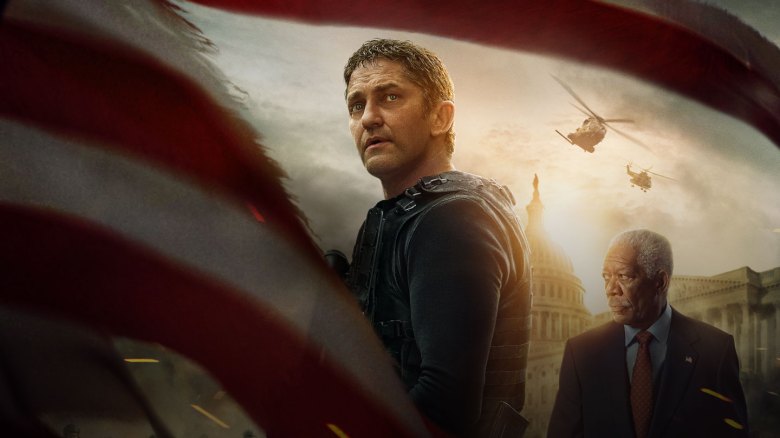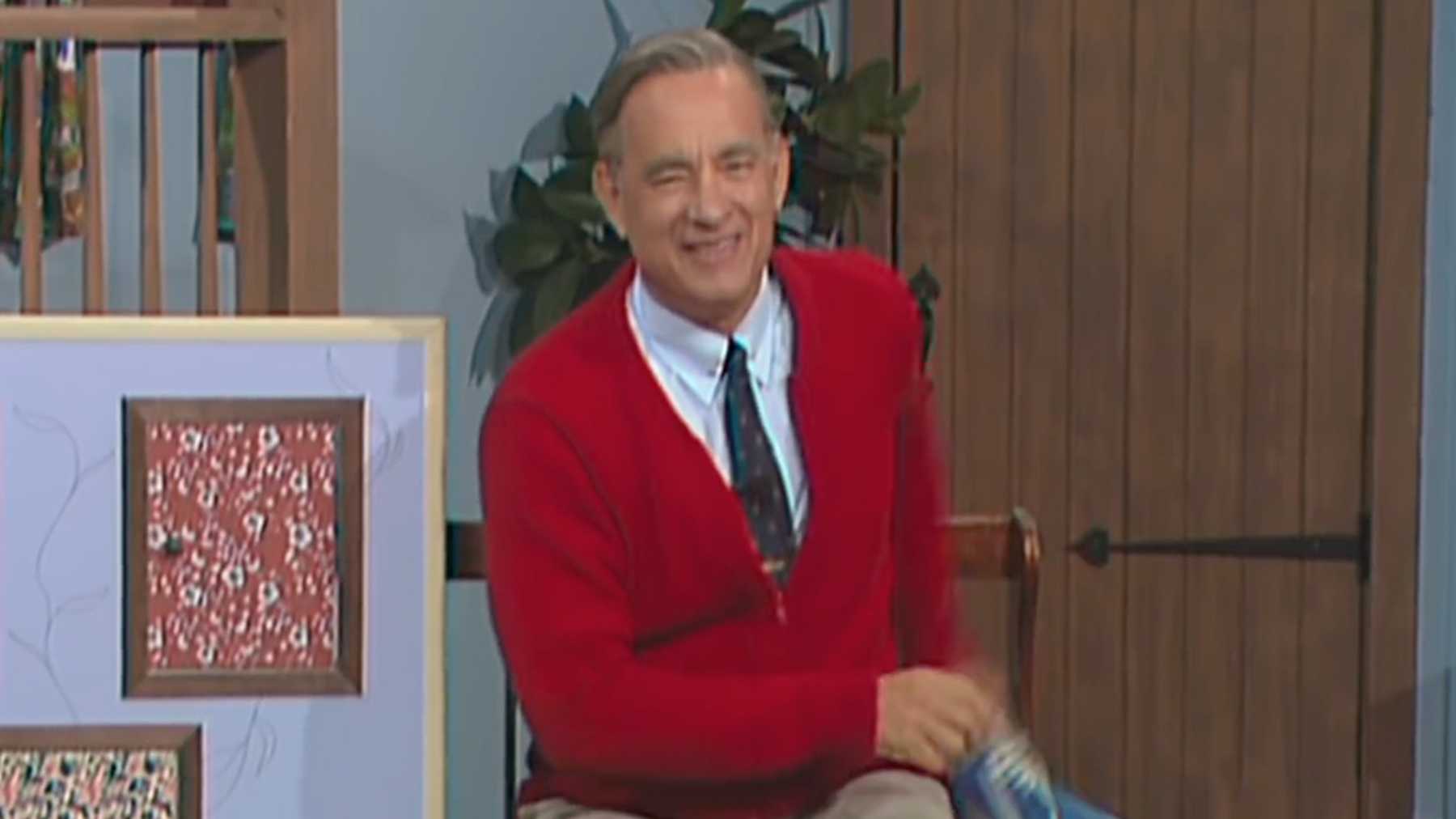The Aeronauts
by George Wolf
Director Tom Harper wastes little time in taking The Aeronauts into the wild blue, but I’m not complaining. Once we’re up there, I didn’t want to come down, no matter how many knots my stomach was twisting into.
Based on some of the true-life events outlined in Richard Holmes’ book Falling Upwards: How We Took to the Air, screenwriter Jack Thorne imagines how a spunky daredevil balloon pilot heroine might have helped pioneering London meteorologist James Glaisher break the world altitude record in 1862.
Oscar winner Eddie Redmayne crafts Glaisher as a politely determined man out to prove to his shirt-stuffed, muttoned-chopped colleagues that it just might be possible to predict the weather.
What Glaisher needed was to take temperature and humidity readings at the highest level of the atmosphere. If he failed, the ribbings from the boys at the Royal Society would be fierce. But if he prevailed, he would take the first step toward scaring the shit out of your mom on the 6 o’clock news.
And yeah, also make a huge scientific advancement.
While history remembers Glaisher’s partner was actually balloonist Henry Coxwell (hello, ladies), for these narrative purposes it is defiant aeronaut Amelia Wren (Felicity Jones). She’s haunted by a tragic memory from the past, but won’t let that – or the usual boys club baffoonery – deny her destiny as a “creature of the sky.”
I take no issue with the liberties taken. This isn’t a documentary, Jones is an Oscar nominee who shares a sweet brother/sisterly chemistry with Redmayne, and her character adds a welcome layer of mischief to a backstory that badly needs it.
Most importantly, as the focus quickly settles on two people in a balloon gondola, Amelia brings a sharp contrast to James that just makes the ride more fun and – thanks to the breathless visual gymnastics – sometimes downright terrifying.
Seriously, this film should come with a trigger warning for acrophobics, because Harper (Wild Rose, TV’s Peaky Blinders) and cinematographer George Steel unveil some truly awe-inspiring, anxiety-inducing set pieces begging for IMAX, or 70mm, whatever you can find.
The Aeronauts may give gentle reminders about the importance of science, but it pounds a visual fist in defense of the big screen. The film’s ultimate calling card is not the story but the ride (in real time, no less!), and a smaller canvas just will not do it justice.
Strap in tight, and enjoy the thrill.














